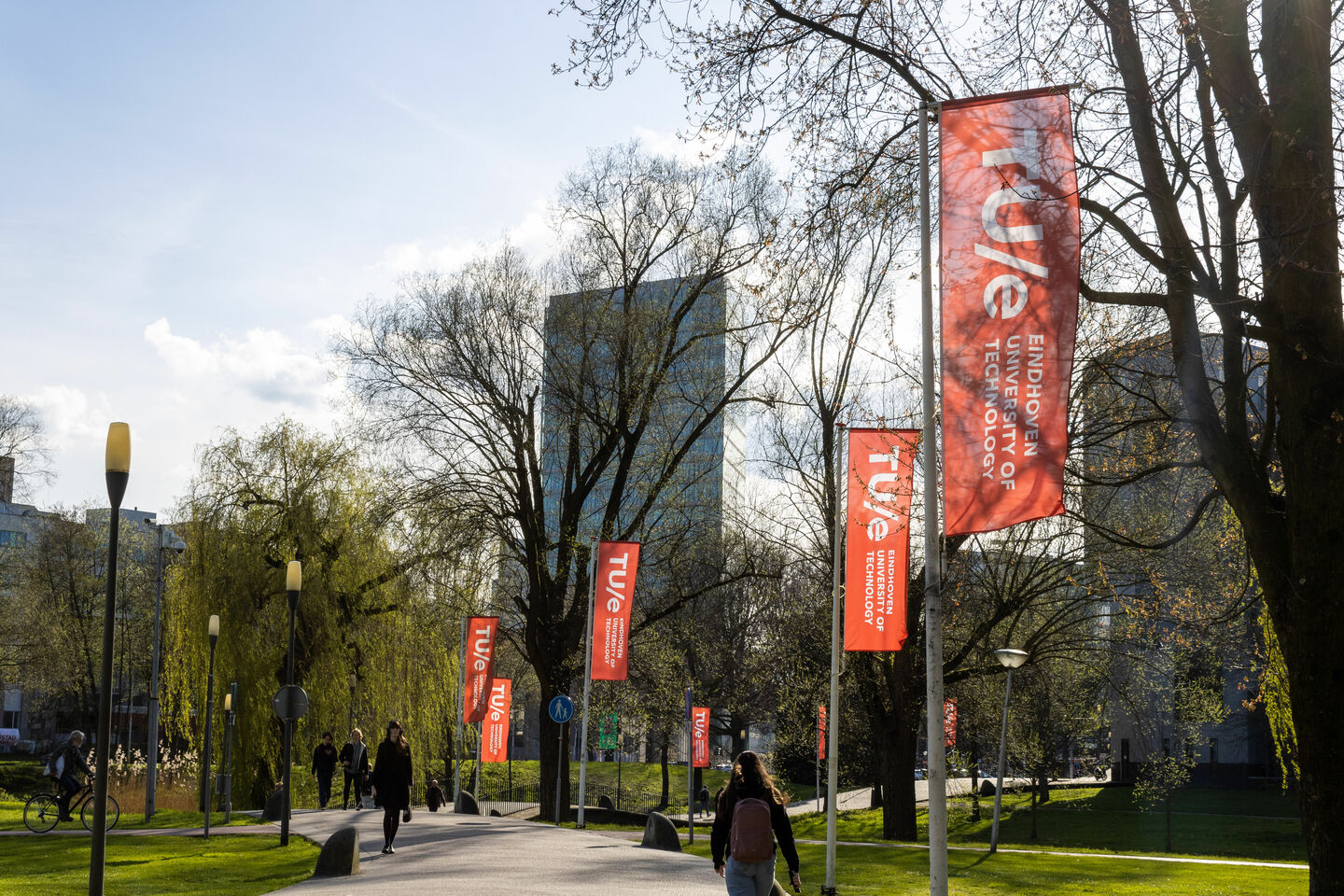
TU/e deans respond to minister
‘This statement by Bruins is rather out of touch with reality’
‘Concerning’. This is what Netherlands minister of education, culture, and science Eppo Bruins called the workload at universities in his letter to the House of Representatives last week. Among other things, he writes that in order to reduce the workload of academic staff, universities should be more ‘selective’ in admitting PhD students and submit fewer time-consuming grant proposals. Several TU/e deans disagree.
The high workload at universities is a subject that has had people talking for some time now. In 2020, the Netherlands Labour Authority already requested that universities draft a plan on how to reduce this workload. But in a new report by the Labour Authority, of May of this year, it says that over seventy percent of employees at universities still regularly experience stress due to an excessive workload. This goes for both academic and administrative and support staff.
To specifically reduce the workload of academic staff, Bruins calls for such measures as admitting fewer PhD students and submitting fewer grant proposals for scientific research. ‘This means universities will have to make choices. The system does not have room for everyone,’ the minister writes.
Cursor asked all of the TU/e deans for their opinions. Four deans shared their perspectives in a written response.
Desperately needed
Several deans don’t think that simply submitting fewer research grant proposals is a realistic solution. ‘The reality is we desperately need the income generated by successful grant applications,’ states Kees Storm, dean of the Department of Applied Physics & Science Education. Biomedical Engineering dean Maarten Merkx agrees. ‘Without this funding, a large portion of our research, but also of our education – particularly in the master’s phase – would simply be impossible.’
The minister is sending this request to the universities while simultaneously taking away one of the most important weapons in the fight against the workload
Contradictory
Bruins' comments feel contradictory to many deans, as the minister has just announced a billion euros worth of cuts in scientific education and research. One of the things affected by these cuts are the starter and incentive grants that previous minister of education, culture, and science Robbert Dijkgraaf introduced exactly because he wanted to reduce the workload at universities.
The universities themselves divvied up these grants among the academic staff. ‘The basic idea is that if you give the researcher their first grant directly, they can immediately start with a small group and/or a well-equipped lab,’ Storm explains. ‘I find it striking that the minister is now sending this request to the universities while simultaneously taking away one of the most important weapons in the fight against the workload.’ Merkx is also disappointed about the discontinuation of this scheme: ‘Even the starter, incentive and other grants for 2025 that had already been promised to people will be retracted.’
PhD students are essential in student training and guidance, especially in the master’s phase
Out of touch
The same goes for Bruins’s remark about being more ‘selective’ in admitting PhD students. Merkx says this remark by the minister is ‘out of touch with reality’. According to him, there’s an ‘eternal misconception’ that PhD students only cost money. ‘It ignores the fact that university research, at least in experimental science and technology, is largely conducted by PhD students,’ says the dean. He also stresses the importance of PhD students in education. ‘PhD students are essential in student training and guidance, especially in the master’s phase.’
Bruins’s claim that PhD students are often in uncertainty for a long time when it comes to getting a job at the university is something else none of the deans recognize. According to them, many PhD students consciously look for a job outside the university. ‘Many of our PhD students consciously choose a career other than in research, and not for lack of available spots. This would appear to be a very healthy situation to me,’ says Edwin van den Heuvel, dean of the Department of Mathematics & Computer Science. Merkx agrees, emphasizing that PhD students from his department end up in ‘excellent’ positions. ‘Not in academic science, but mostly in business, as well as in higher education, in healthcare, and in other sectors.’ Van den Heuvel indicates that in some fields, it’s even become difficult to attract researchers for academic research, exactly because the opportunities outside the universities – in business, for example – are so big.
Project development officers help to make choices; for instance not to apply for grants if the chances of success are slim
Improvements
So, PhD students will continue to be necessary, as will the grants they apply for. Having said that, this doesn’t mean they blindly submit proposals for any available grants, the deans say. Patrick Anderson, dean of the Department of Mechanical Engineering, says he works with project development officers for grant applications. ‘They also help (academic staff, ed.) make choices, for instance not to apply if the chances of success are slim or the subject is too far removed from the researcher’s main specialization.’
Project development officers therefore promote selection – which applications have a realistic chance of success and which don’t? – but also reduce the workload of academic staff. Storm, whose department also works with project development officers, explains that – alongside selection – they also support academic staff in the practical and administrative preparations that come into such an application.
Wait and see
All in all, it remains unclear for the moment what the billions in cuts in research and education announced by the government will look like in concrete terms. Will more funds that are actually being used to reduce the workload, like the starter and incentive grants, be discontinued? And how will these cuts take shape at TU/e? We’ll just have to wait and see.

Discussion